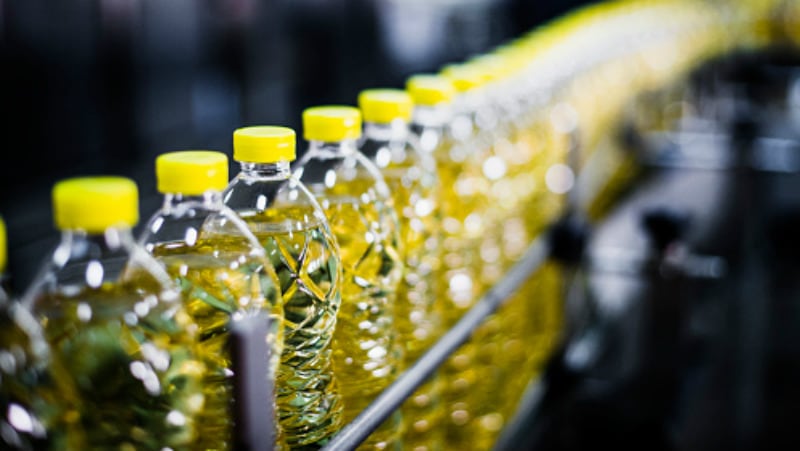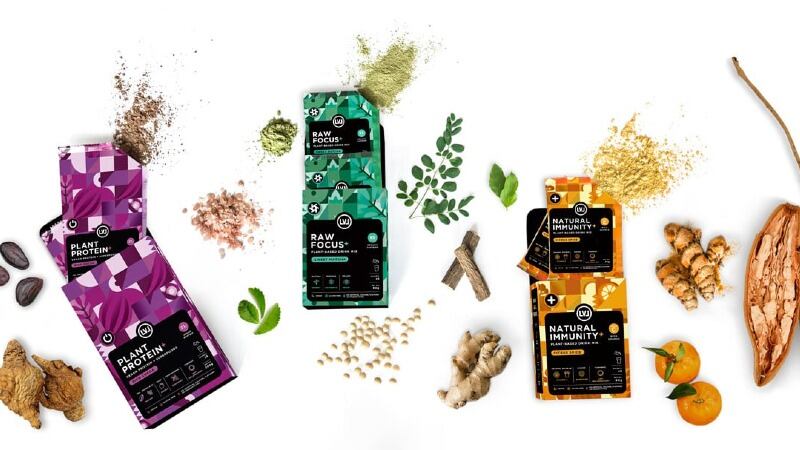According to Indian oil trade body The Solvent Extractor’s Association of India (SEA) Executive Director Dr B. V. Mehta, the edible oil supply chain in India is capable of achieving much more in terms of self-sufficiency, be it production or processing, as was demonstrated during the COVID-19 outbreak.
“During this time, we imported much less refined oil than before, and instead moved to importing more crude oil and processing it locally, but more can be done. Indian refineries have the capacity to process 20 million tons of oil, and right now we’re hardly operating at 30% to 35% capacity,” he told FoodNavigator-Asia.
“Many labourers from Northern India went back to their villages, affecting refineries and port operations at the beginning, but we quickly got back to managing the supply chain comfortably as edible oil is considered an essential food item in India and it has priority.
“Now all the factories have reopened and we have even more capacity and potential to move to self-sufficiency.”
According to SEA data, total edible oil imports for April 2020 dropped 34% year-on-year from around 1.2 million tons in April 2019 to less than 800,000 tons. This drop was attributed to logistical challenges ‘both at the destinations as well as at discharge ports’.
Edible oil here covers palm oil, sunflower oil, soyabean oil and rapeseed oil.
“India’s vegetable oil consumption totals some 23 million tons, of which local production takes up just seven to eight million depending on monsoon, but imports make up 15 million tons. 70% of our edible oil is imported, which is a challenge to food security, and we are keen to see local production go up to achieve self-sufficiency after this crisis,” said Dr Mehta.
“[That said], based on the demand and area under oil seeds cultivation [locally] coupled with low productivity, India will find it very tough to attain self-sufficiency – the gap between current consumption of edible oil equivalent to oilseed demand against which our country is producing is huge.”
He called for major technology interventions to be looked at for crops such as soyabean, mustard, rapeseed, canola and groundnut, and for local palm oil production in South and North East India based on local climate conditions.
Ban refined, import more crude
The association is also looking to completely ban all refined palm oil imports into the country, but increase crude oil imports at the same time to create more local jobs.
In a letter to members, which FoodNavigator-Asia has viewed, SEA President Atul Chaturvedi lambasted the issuing of import licenses to foreign firms.
“[It] is ironical that with Indian refining capacity lying idle, refined palm oil imports continue. This is in spite of the clarion call given by our Prime Minister for Make in India instead of Make in Malaysia / Indonesia and Sell in India,” wrote Chaturvedi.
“It remains a mystery how Import licences get issued to some favoured companies making a mockery of the concept of Make in India. With Corona (sic) driven prospects of job losses looming, it is imperative that Refined Oil imports are totally banned forthwith.”
Chaturvedi also wrote to India’s Consumer Affairs Secretary Pawan Kumar Agarwal calling for vessels carrying crude edible oil to be cleared more quickly, claiming that current customs clearance measures – which involve samples from the vessels being sent to just one particular laboratory in Baroda for testing - are creating ‘inordinate delay disturbing supply chain big time’.
At least six more months
Dr Mehta was also quick to emphasise that the industry is having no issues meeting local requirements currently, as demand from the food services sector has taken a nosedive.
“Supply has gone down during the lockdown, but demand has also dropped at the same time, so we are not having any issues, and are at a very comfortable state right now,” he said.
“Half of the demand has gone due to many food service outlets being closed. I would say that palm oil took the biggest hit and has suffered the most.
“Even as we move towards restrictions easing, I don’t believe demand will go back up for at least six months as it will be hard for people’s habits to change and they won’t go out so much so food stores, HORECA and others will not recover so fast – that’s practically 2020 gone for everyone.”





